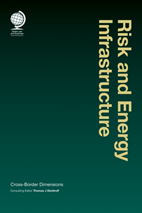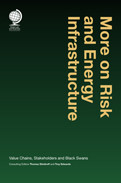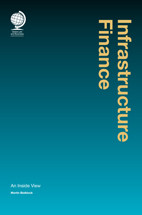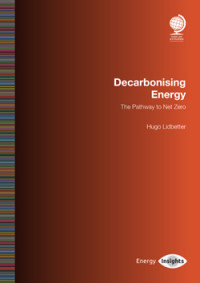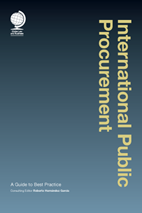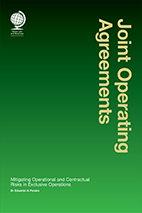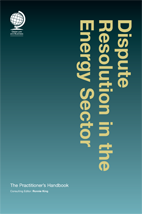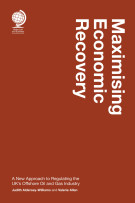
Consulting editor(s): Thomas J Dimitroff, Infrastructure Development Partnership Ltd
Publication date: Aug 2011
Format: Hardback
Pages: 300
Price: £138.00
ISBN: 9781905783489
Add to basket (UK and Europe)Add to basket (USA, rest of world)
Add to basket (UK and Europe)Add to basket (USA, rest of world)
Overall this book is an excellent exposition of the risks surrounding major energy infrastructure projects, and would be a useful addition to the reading list of anyone who is involved in the design, construction, operation or financing of these projects.
,
It is a truly interesting and entertaining book for those interested in international energy projects.
,
For the lawyer, it will give specific insights into the differing approaches of clients who are investors and will be of immense value in increasing their knowledge on the wide range of issues surrounding risk in energy infrastructure projects.
,
This book examines the spectrum of risks posed to the development, financing, construction and operation of trans-boundary energy infrastructure and the tools that may be deployed to manage these risks.
The book begins by examining trends in trans-boundary energy infrastructure and the nature of the risks – non-technical, technical and financing – which infrastructure development projects and existing operations must anticipate and manage. Individual categories of intergovernmental and host government risk will be viewed from the perspectives of leading international experts. These risks, and the tools applied to manage them, will also be viewed from the different viewpoints of the state and private sector counterparties, lenders, affected communities and other interested third parties, such as indigenous communities, individual landowners and the non-governmental organisations that typically represent their interests.
Against a backdrop of global energy supply/demand dislocations, fragility in the global financial markets, increasing awareness of the impact of projects on individuals, communities and the environment (especially in the wake of the recent BP disaster in the Gulf of Mexico), and medium to longer-term concerns about security of supply and climate change, it is increasingly clear that the bandwidth of risks which infrastructure developers, operators and their advisers now need to be aware of is becoming much broader.




